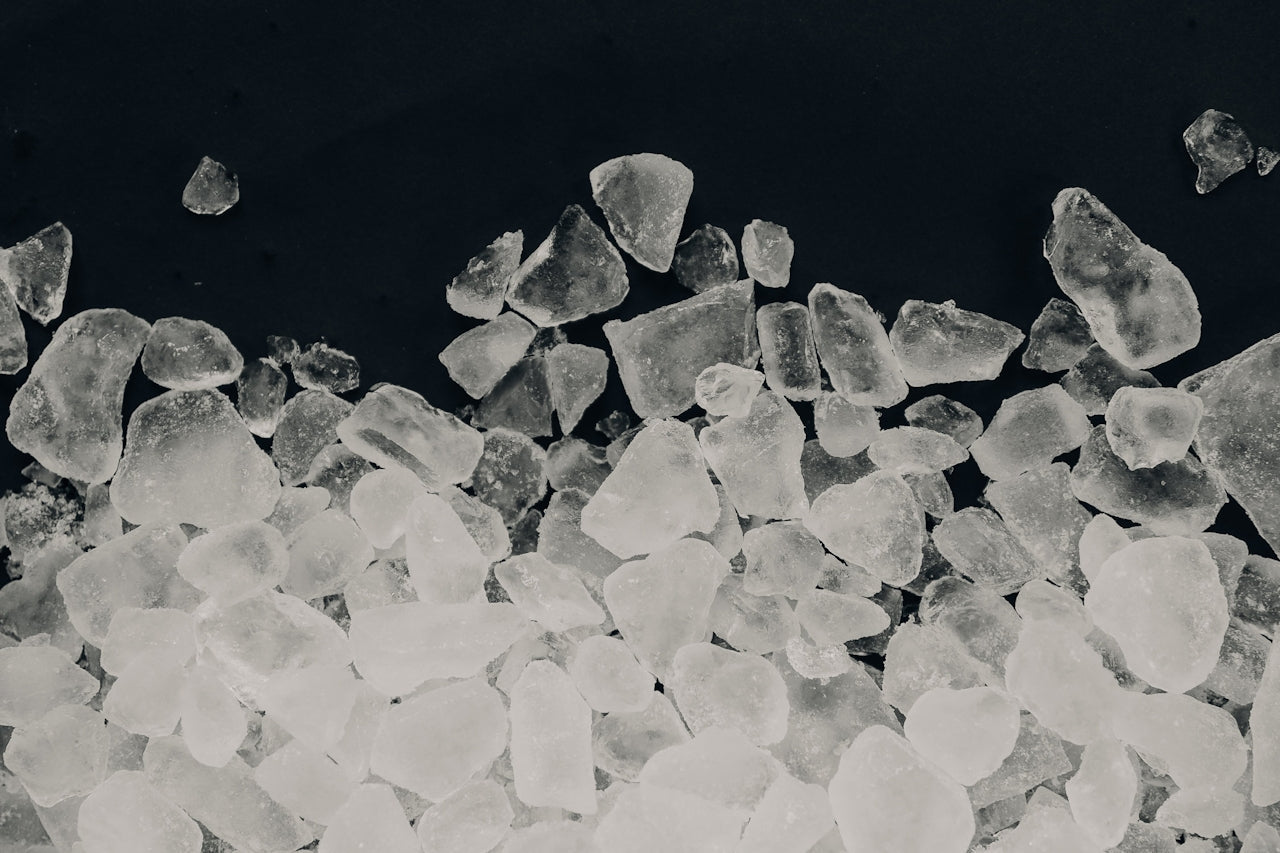Introduction
What is an electrolyte?
Electrolytes aren’t just a buzzword on the back of a sports drink. They’re tiny but essential for everything from fluid balance to muscle function and daily energy. Discover what electrolytes really are, where to find them, and why they matter more for your body than most people realize.

July 30th 2025
Electrolytes are a group of minerals that carry an electric charge when dissolved in water. It might sound like something from a physics or chemistry class, but that’s literally the definition. The key is that these minerals only become electrolytes when dissolved in water—until then, they’re just minerals.
There are many types of electrolytes, but the most important ones for your body are sodium (salt), potassium, magnesium, calcium and chloride.
Each has its own specific role, which we’ll get to in a moment. What they all have in common is that they’re essential for your body to function properly. Electrolytes enable nerves to send signals, muscles to contract, and water to move efficiently across the body’s various membranes. From here, many other crucial functions follow—but the bottom line is: Electrolytes are vital for your health.
"Electrolytes are minerals that guides water through the different compartments in your body"
Sodium
Sodium plays a key role in moving water throughout your body via osmosis. When sodium concentration increases on one side of a cell membrane, water will naturally move across to balance it out. This is the process that allows your body to absorb fluids from your gut and distribute them efficiently into the bloodstream and on to your cells.
Most of your sodium comes from table salt, which is often added to food, but it’s also found naturally in foods like cheese, bread, processed meats, and ready meals.
During physical activity, it’s recommended to use sodium from citrate forms (like sodium citrate) instead of sodium chloride (table salt), since high levels of table salt in sports drinks can slow down fluid absorption and cause stomach issues.
Potassium
Potassium helps regulate fluid balance inside your cells. The best sources of potassium are fruits and vegetables—especially bananas, potatoes, avocados, spinach, and tomatoes.
Magnesium
Magnesium supports normal muscle and nerve function, energy production, and is important for both heart and bone health.
You’ll find magnesium in nuts, seeds, whole grains, leafy greens, beans, and dark chocolate.
Calcium
Calcium is necessary for muscle contraction, nerve function, and normal bones and teeth.
In Denmark, we also get significant amounts of calcium from drinking water - on average around 84.5 mg/L - in addition to dairy products like milk, cheese, and yogurt, as well as certain vegetables and almonds.
Chloride
Chloride works closely with sodium to maintain fluid and acid-base balance in your body and is involved in making stomach acid to aid digestion.
You mainly get chloride from table salt (sodium chloride), but it’s also found in many processed foods and naturally in vegetables and meats.
During physical activity, it’s recommended to minimize chloride in electrolyte drinks, as high levels can reduce fluid absorption, especially when the body is under stress.


